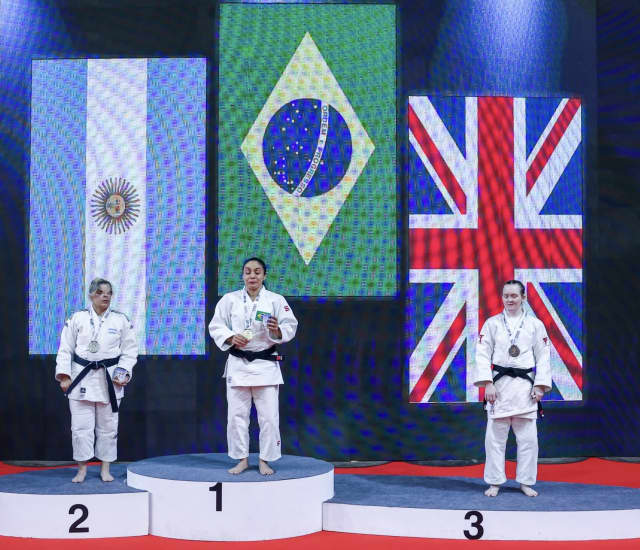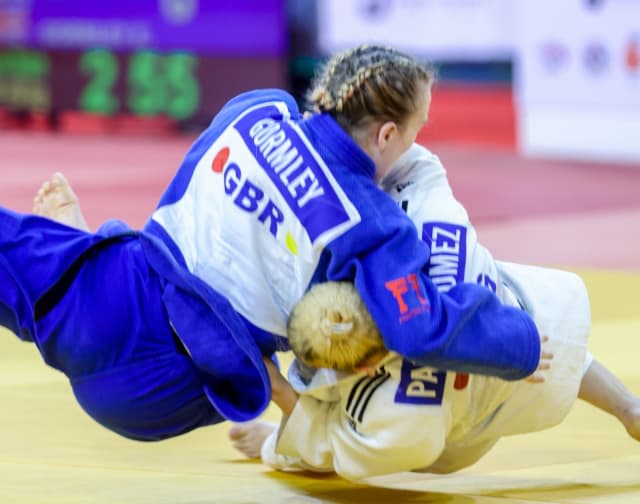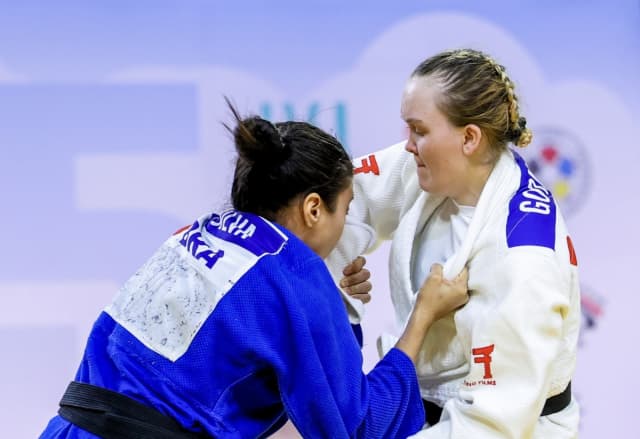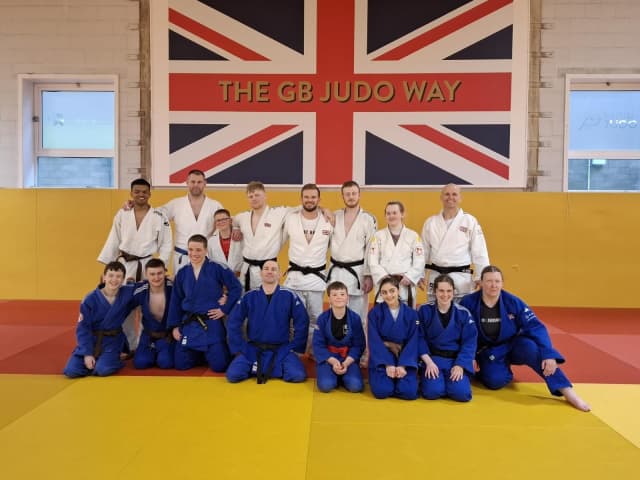Gormley was the only competitor in Egypt both blind and deaf, unimaginable for most people, a kind of solitude that could feel relentless. That is not Gormley’s take on it though, acknowledging that since she obtained her Cochlear implant, she can choose quiet as and when she needs it and often that silence is where she can focus best. “I like to be in my own head; I take the implant out as soon as possible in the pens before I go out to fight. That’s how I get my focus.” Without the ability to hear or see the coach during the contests, Evie notes, “It’s all on me! When I lose, it’s down to me and when I win, that’s all me too!”
The Cochlear implant is a surgically implanted electronic device that helps people with severe to profound sensorineural hearing loss perceive sound. For Evie Gormley it has been very successful.
“I have a condition called Ramos Arroyo Syndrome but it wasn’t discovered right away at birth. My blindness was discovered at 4 months and deafness at 4 years old. My mum knew something wasn’t right straight away but it took some time to get the correct tests. I had moderate hearing until I was 15 or so but total blindness came and my hearing was all gone by the age of 18.
The implant enabled me to communicate again. I take it out for sleeping and judo only, generally. It offers me independence and I can communicate much better with it. I can go out on my own safely.”
Evie moved to the GBR National Training Centre last year. Her mum was diagnosed with MS ten years ago, “As her situation worsens too, it makes it difficult for her to take care of me all the time. That’s another side to this and me becoming more independent. I felt I should move to make life more balanced for her and gaining my independence, confidently, was a huge part of that.”
With her own lifelong challenges, Evie’s compassionate decision to alleviate pressure on her mum has to be admired. She committed to the National Training Centre straight after college, in October 2024. She now does her general judo at a local club but her additional technical and team work at the NTC.
How does a blind and deaf girl from Wales get started though? “I’ve always been sporty and have tried many different sports. At around 12 years old I was working with Disability Sport Wales and they used to help us try different sports and look at choices of pathway. One day my secondary school brought in a local judo club and I really loved the taster session. It felt accessible and I also liked throwing people! I nagged my mum to take me to regular classes and it went from there.
At first at it was just for fun and fitness but a year or so in, people started talking about Para judo and I entered a VI and adaptive tournament in London. There I met the VI coaches from GBR and was then connected to the national programme.
British VI coach Chris Barry said, “She’s been embedded in the Para Potential Programme at the NTC. We run camps every few weeks for VI and adaptive judoka and go through lots of principles of VI judo. It brings the group together and gives them a peer group to share the sport and journey with. Through that, we gauge how ready the athletes are for the international level.”
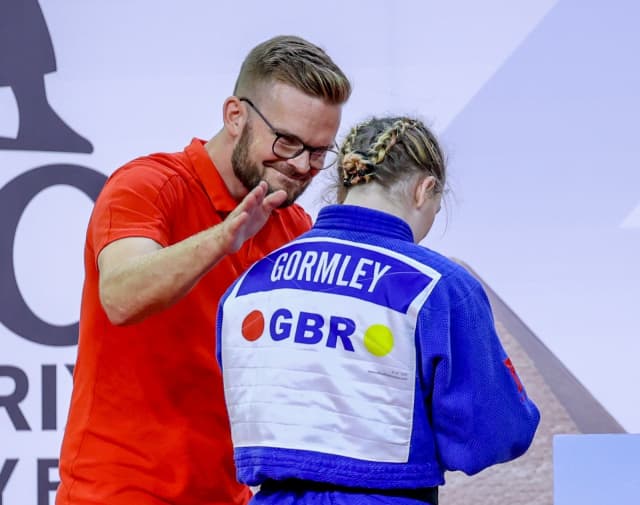
Evie Gormley is happy with her judo experience in Egypt and is now looking to the future, “The next job is to qualify for LA2028. If I keep going the way I am, I feel I will do it.”
The British team are already planning her next events and how to help her develop in the best way possible. Evie Gormley is ready for whatever the next challenges entail.

